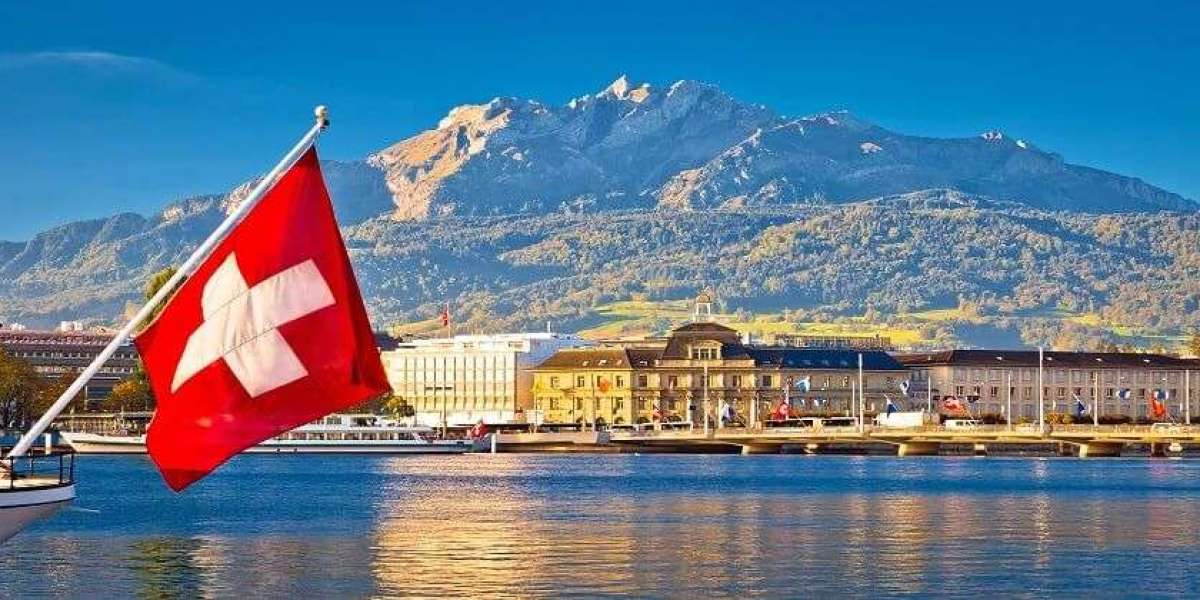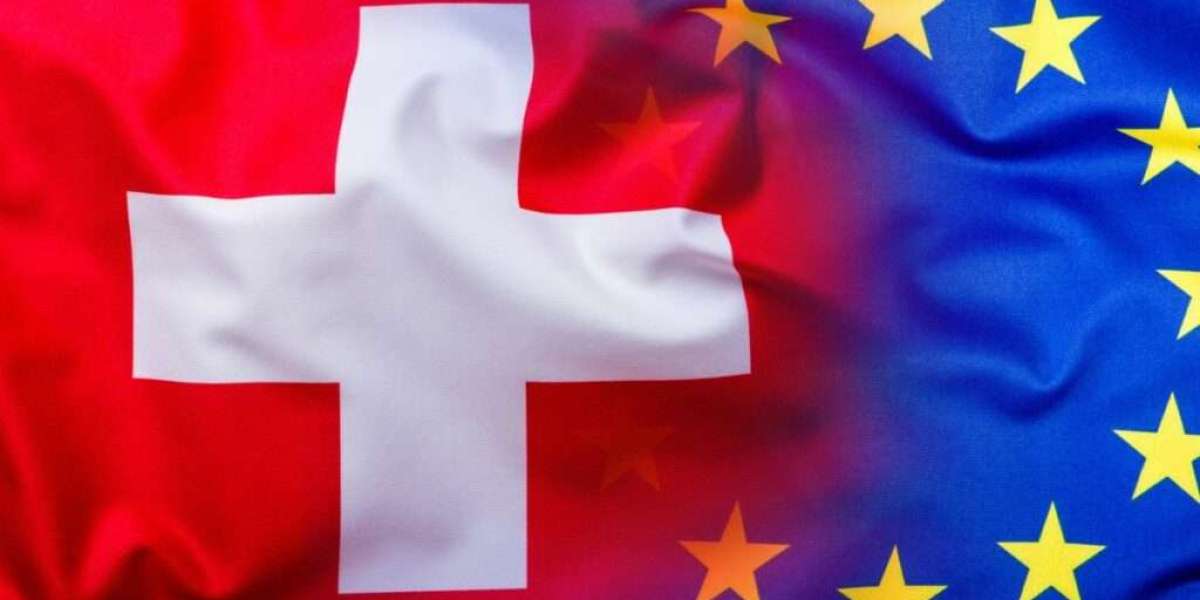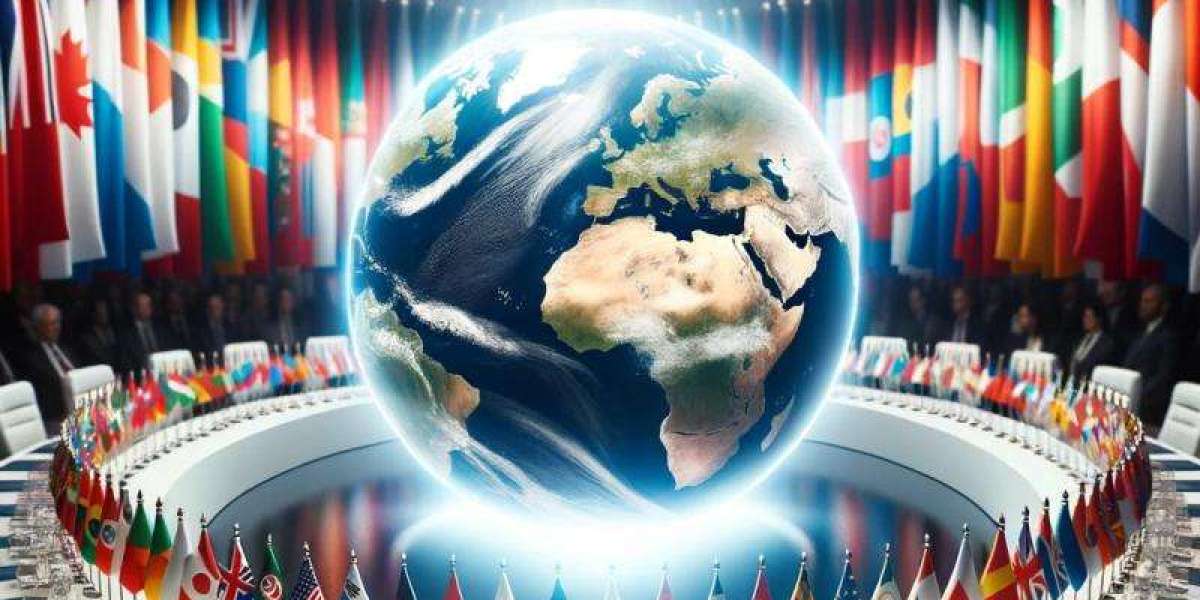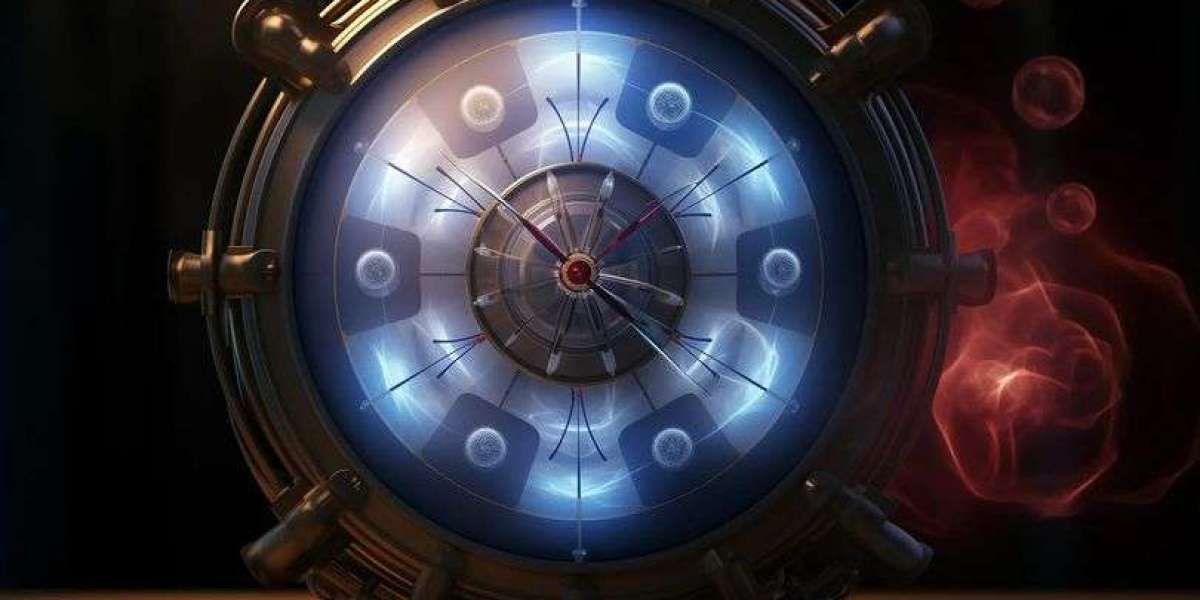Introduction :
Brussels, a Strategic Hub for Natiometry.
The history of nations is written through invisible currents, deep tensions, and cyclical dynamics that shape their evolution. Understanding these movements, anticipating them, and illuminating them through science is the ambition of Natiometry. And if there is one place where the great decisions shaping the destiny of nations converge, it is Brussels.
As the capital of the European Union and the diplomatic and economic center of the continent, Brussels is where the fault lines of contemporary history are tied and untied. It is a place of synthesis between national sovereignty and supranational governance, between geopolitical rivalries and common projects, between past and future.
Establishing a representation of the International Society of Natiometry in Brussels would not be a mere administrative decision; it would be a first-rate strategic positioning. It would anchor Natiometry in the major discussions shaping Europe and the world while contributing to the construction of enlightened governance based on the knowledge of historical cycles and national dynamics.
I. Brussels, a Global Governance Hub : A Favorable Ecosystem for Natiometry.
1. A Capital at the Heart of European Dynamics :
Brussels is more than just a city—it is the beating heart of political and institutional Europe. The European Commission, the European Parliament, and the Council of the EU are all institutions where decisions shaping the future of the continent’s peoples are made. In this space of negotiations and arbitrations, each nation seeks to preserve its identity while constructing collective balances.
Natiometry, as the science of nations, can make an essential contribution. It would provide a means to measure the dynamics of cohesion and divergence between member states, anticipate deep trends, and guide decision-makers in understanding possible historical trajectories.
2. A Diplomatic and Geopolitical Crossroads :
Brussels is not limited to Europe; it is also one of the world's largest diplomatic centers. As the headquarters of NATO and home to hundreds of embassies, international organizations, and think tanks, it is a meeting point for major powers and emerging forces.
By establishing itself in Brussels, the International Society of Natiometry could build an influential network, engage with global decision-makers, and introduce Natiometry as a strategic tool for crisis anticipation and understanding global transformations.
II. Natiometry and the Challenges of the European Union: A Science at the Service of States and Institutions :
1. Anticipating European Crises and Transformations :
Europe is undergoing profound transformations. Between geopolitical tensions, the rise of sovereigntism, ecological challenges, and technological upheavals, the EU must constantly reinvent its balance.
However, these crises are not isolated events; they follow historical cycles and long-term logics that Natiometry can decipher. Analyzing narrative fractures and civilizational trends would allow for anticipating political, economic, and social shocks and providing European institutions with a new framework for understanding the evolution of nations.
2. A Tool for Cohesion and European Integration :
The European Union is a unique historical project—a political construction based on unity in diversity. But this balance is fragile. Each nation carries a national narrative, a specific trajectory that must be understood to prevent ruptures and strengthen integration.
The Natiometer, as a tool for measuring national tensions and convergences, could help Europe better grasp the forces that unite and those that divide. It would allow for identifying friction zones, measuring adaptation rhythms, and anticipating challenges related to European integration.
III. Brussels as a Vector of Influence and International Recognition for Natiometry :
1. Access to Key Decisions and Building an Influence Network :
A presence in Brussels would provide the International Society of Natiometry with an unparalleled platform to promote its scientific approach to the world's most influential decision-making bodies.
It could:
- Introduce Natiometry into the EU’s strategic debates.
- Collaborate with think tanks and research institutions that influence global governance.
- Offer predictive tools and models to European and international institutions.
Europe needs new analytical instruments capable of capturing the deep movements of nations and anticipating future transformations. Natiometry can be that instrument.
2. A Launchpad for Global Expansion :
Brussels is a geopolitical pivot that opens perspectives far beyond Europe.
- It is a gateway to Africa, where the EU plays a key role in development and diplomacy.
- It is a bridge to Asia and the Americas, where European diplomatic and economic presence is crucial.
By establishing itself in Brussels, the International Society of Natiometry could structure a global network, engage with elites from multiple continents, and position Natiometry as an essential science for the future of nations.
Conclusion :
A Historic Opportunity for the International Society of Natiometry.
Opening a representation of the International Society of Natiometry in Brussels would not be a mere administrative expansion—it would be a founding act.
Brussels is the laboratory where the future of nations is shaped, a space where worldviews intersect, where global balances are negotiated, where the alliances of tomorrow are forged.
By positioning itself at the heart of this dynamic, Natiometry would gain a major influence lever. It could illuminate key decisions, structure an international scientific and political dialogue, and establish itself as part of the strategic sciences of the 21st century.
For to be in Brussels is to be at the center of the world to come. And that is where Natiometry must be to fully assume its role:
- Sensor of national dynamics,
- Architect of possible futures,
- Timekeeper of nations in motion.
Brussels does not wait. The time has com
Amirouche LAMRANI.
Associate researcher at GISNT.









